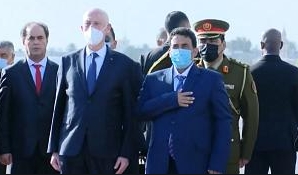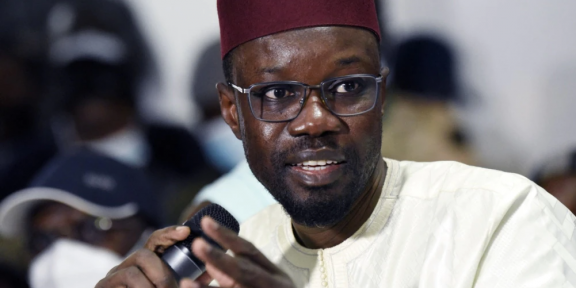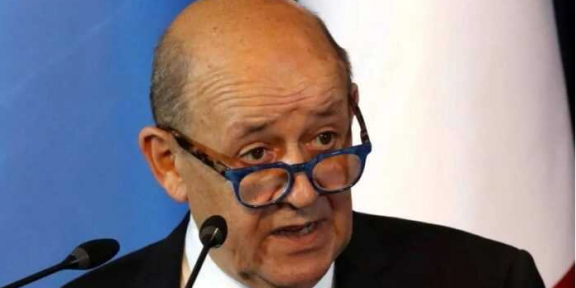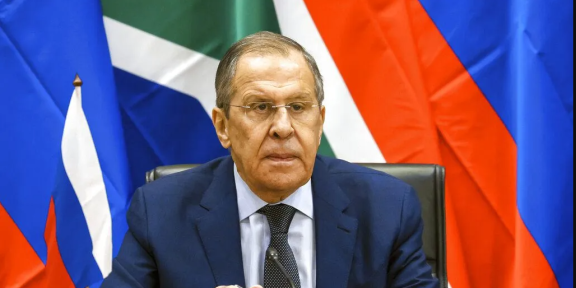Tunisian President Kais Saied began a state visit on Wednesday to neighbouring Libya, a key economic partner that descended into chaos in 2011 before recently embarking on a promising transition process.
Mr Saied was welcomed at the airport of the western capital Tripoli by the President of the Presidential Council Mohamed al-Manfi.
The official programme includes talks with al-Manfi and interim Prime Minister Abdelhamid Dbeibah, who officially took office on Monday after being sworn in.
The new government took office on Tuesday in Tripoli. It is tasked with unifying the institutions ahead of elections scheduled for December.
The executive was born of a UN process launched in November in Tunis and launched in February in Geneva, before obtaining a “historic” vote of confidence from parliament on 10 March.
The Tunisian president, who has made only a handful of official trips since his election in October 2019, announced his visit the day after the inauguration of the new government, a sign of the importance attached to this neighbour and major partner.
The last visit by a Tunisian head of state to Libya was in 2012, a year after the revolt that led to the fall of the regime of Muammar Gaddafi, followed by a long period of instability and divisions.
Mr Saied is accompanied by Foreign Minister Othman Jarandi, his senior adviser Nadia Akacha and some other presidential advisers.
The visit is “purely political”, according to the Tunisian presidency, while Tunisian economic circles have long called for a revival of trade.
Tunisia, for which Libya was a major and growing market in 2011, has seen trade collapse especially since 2014.
Repeated border closures, due to the conflict and more recently the COVID-19 pandemic, have undermined the informal economy channels that feed the Tunisian economic fabric.
According to the UN Economic and Social Commission for Western Asia, the Libyan crisis cost Tunisia 24% of its economic growth between 2011 and 2015.
In addition to the economic consequences, the Libyan situation has had a major security impact, hence the special attention paid by Tunis to the Libyan transition.
Most of the major terrorist attacks that have hit Tunisia in recent years were prepared from rear bases in Libya.
Source: Africanews









